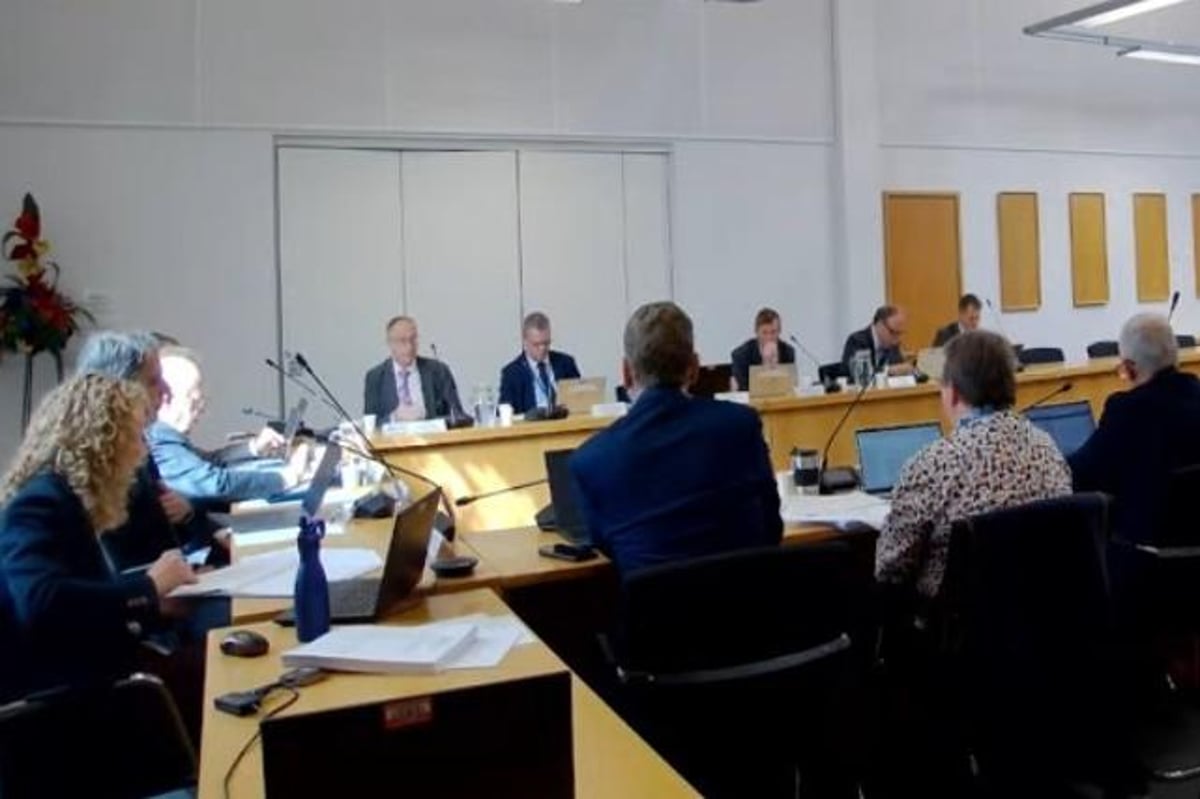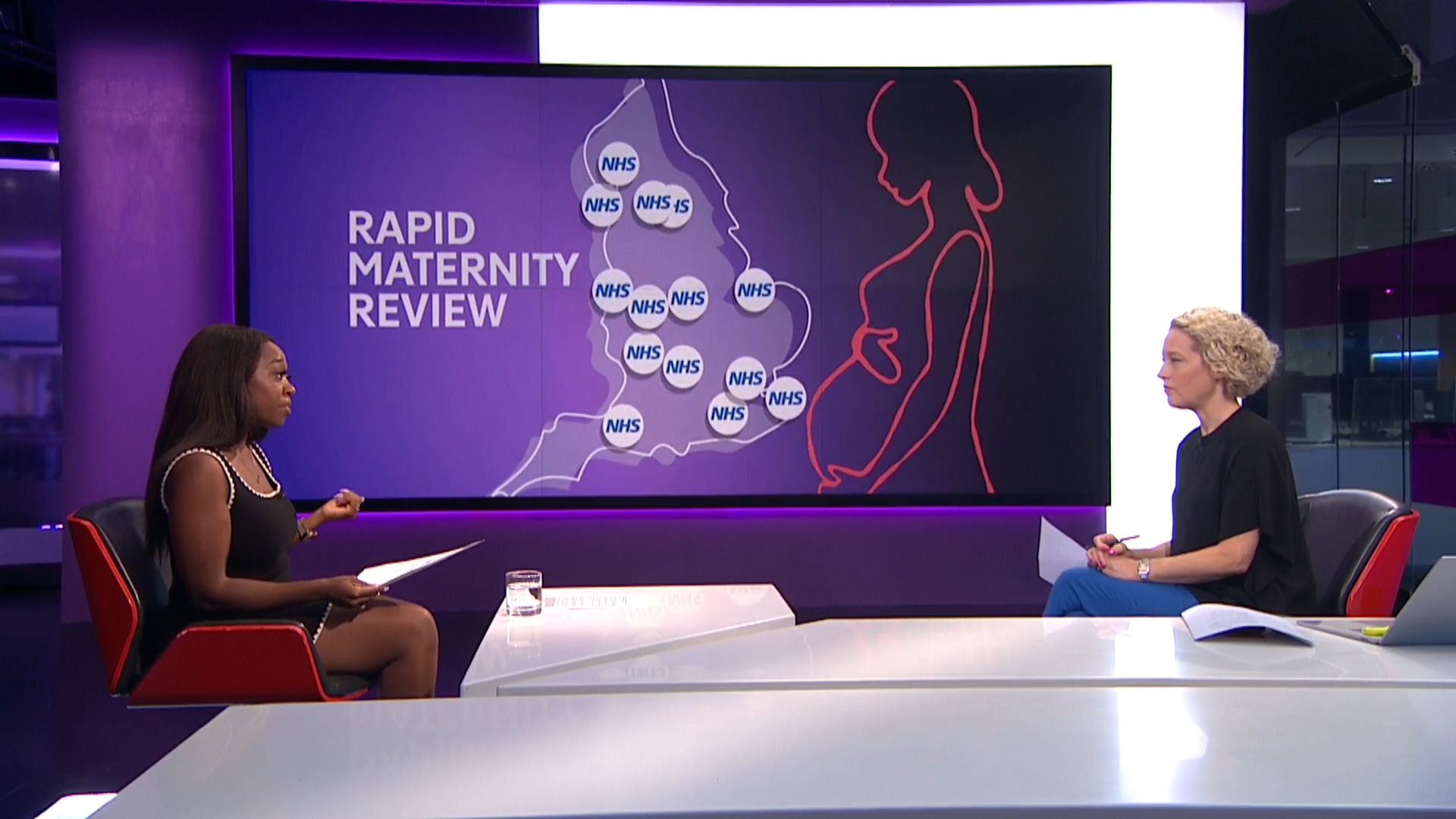North Yorkshire Council backs findings of final report on ‘catastrophic’ North-East crustacean die-offs
By Anttoni James Numminen and Local Democracy Reporting Service,Anttoni James Numminen, Local Democracy Reporting Service
Copyright thescarboroughnews

At a meeting on Tuesday, September 16, senior councillors backed calls for a reduction in bureaucracy in the management of marine ecosystems, and supported calls for affected fishermen to receive financial support. The report by a working group, made up of several councils in the region, detailed the ‘catastrophic’ impact that the crustacean die-offs in 2021 had on fishing communities, including in Whitby and Scarborough. Speaking at the meeting, Coun Richard Foster, Executive Member for Managing the Environment, said: “I fully support all of the recommendations, especially about the complexity of the different agencies’ responsibility for marine life.” At a meeting on Tuesday, September 16, senior councillors backed calls for a reduction in bureaucracy in the management of marine ecosystems, and supported calls for affected fishermen to receive financial support. The report by a working group, made up of several councils in the region, detailed the ‘catastrophic’ impact that the crustacean die-offs in 2021 had on fishing communities, including in Whitby and Scarborough. Speaking at the meeting, Coun Richard Foster, Executive Member for Managing the Environment, said: “I fully support all of the recommendations, especially about the complexity of the different agencies’ responsibility for marine life.” A report found that endorsing the findings would have “no direct financial implications” for the authority, but future decisions “associated with the recommendations of the report or allocating resources may have future financial implications for North Yorkshire Council”. No definitive cause was found, with fishermen claiming it was linked to the dredging of the River Tees, while the Department for Environment, Food and Rural Affairs (Defra) originally said it was likely to be due to naturally occurring harmful algae. In 2023, North Yorkshire Council supported calls for a public inquiry into the crustacean die-offs, and a public inquiry was formally requested by the working group in July 2024. However, Defra advised that an inquiry was unlikely to provide substantial new insights due to the length of time since the initial incident. Coun Michael Harrison, Executive Member for Health and Adult Services, said: “I’m aware of the complexity around this and it’s clear there were never any definitive conclusions as to what caused it, but the impacts can be seen very clearly.” At a committee meeting this summer, councillors also called for a national reduction of red tape to improve responses to future crises, after thousands of dead marine creatures, including crabs, started washing up between Hartlepool and Whitby in 2021. “The event had impacted extremely negatively on the mental health and livelihoods of members of the fishing community and was described as a fight for survival for our ecosystem, community and tourism,” the working group – made up of councillors from Redcar and Cleveland, Hartlepool, Middlesbrough, North Yorkshire, and Stockton councils – found. A report for the executive committee concluded: “It is felt important to seek formal endorsement of the final report at each of the five local authorities represented as part of the Working Group, so that it can be forwarded to relevant stakeholders and government agencies, with a request to consider how the proposed report recommendations might be implemented.” NYC’s leader, Coun Carl Les, thanked councillors Derek Bastiman and David Chance for their participation in the working group.



